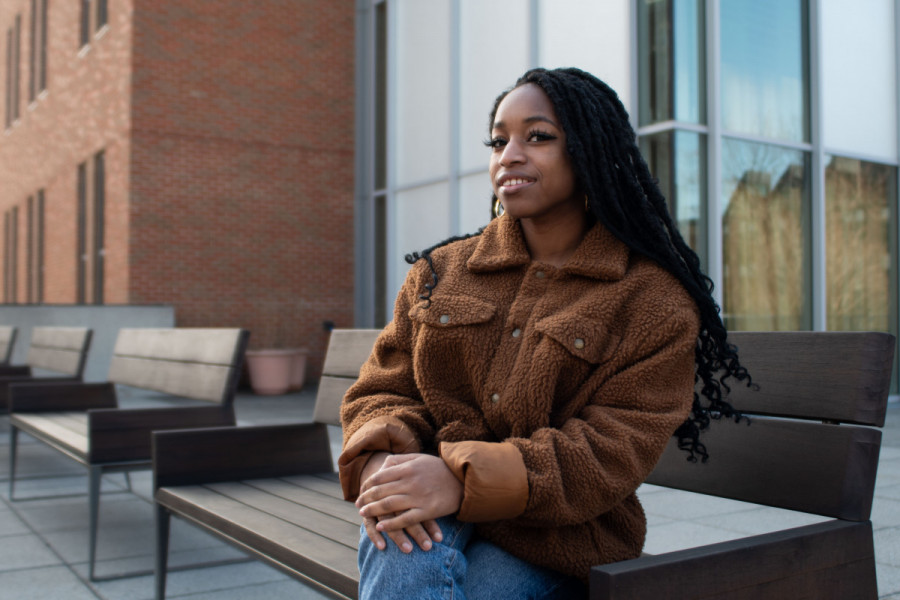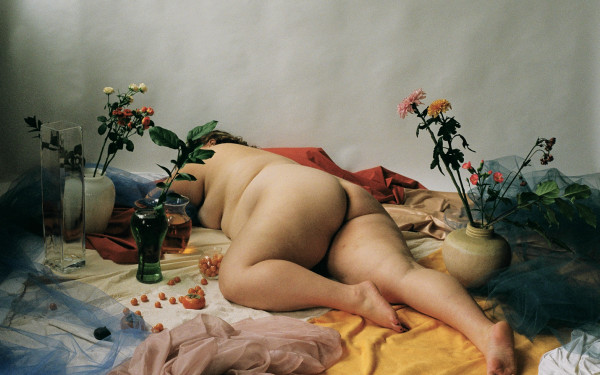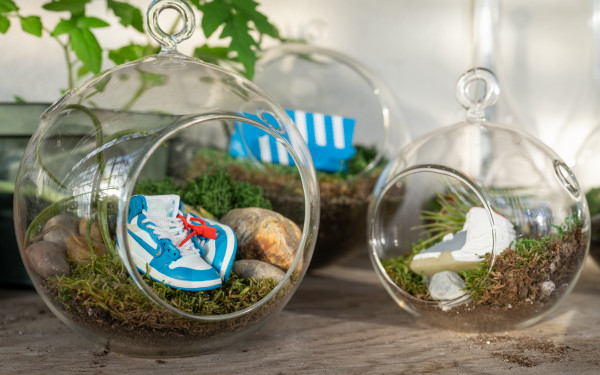Distressing silence
I don’t have the luxury of “becoming radicalized.” My existence demands it.
It’s funny being asked “What radicalized you?” as someone who’s very visibly Black.
I never got the chance to wander through life in ignorance because growing up Black, you know you’re different before you know who you even are. I wish I could pinpoint a moment in my childhood where I suddenly understood that I was not the same as the characters I saw on TV, but I always knew. It’s funny—and a little frustrating—seeing people the same age as me suddenly become aware of racism or colourism.
This has been my reality for 22 years, but so many of my peers get to discover oppression through cute Instagram posts and quirky minute-long TikToks. Once they finish reading or watching their fill of trauma they turn it off and go back to living their happy, blissful, painfully unaware life. I—and so many like me—don’t have the privilege of turning off the trauma or scrolling past the pain. For us, those minute-long TikToks play over and over on an endless loop.
I don’t have one big moment that made me realize minority and marginalized people deserved better. My entire life has been made up of small moments compiling, one after the other, shaping me into the person I am today. I grew up knowing something wasn’t right and that how I felt couldn’t have been what my purpose in life was. To be a second-class citizen in my own country? Picked last in the game called life because I was Black? I knew it was wrong, but it’s hard to articulate those feelings when you don’t have the vocabulary for it. So I stayed silent.
I let my insignificant voice speak and she was loud, she was unapologetic and she wouldn’t and still won’t take no for an answer.
When I was being followed around in stores as a kid, I stayed silent, because it taught me to always keep my hands visible and to not look like a threat. When I was an outcast for the majority of my years of schooling for being the only Black girl or sometimes the only Black kid, I stayed silent, because I knew I always had to be on my best behaviour. How I was perceived would affect how the people in my class would see the other Black people they encountered, and I owed it to them and myself to at least give them a fighting chance. I stayed silent for so long I forgot what my voice sounded like because I was so unaccustomed to hearing it. I stayed silent for so long that when I started to speak, people told me I was too loud.
If I had to say a moment I became “radicalized,” it would be when I went to CEGEP. When I took sociology, anthropology and politics, when I had academics reaffirming what I had always known, something was wrong.
When I first came across terms like institutional racism and intersectionality, they felt heavy on my tongue, like they didn’t fit—or worse, they didn’t belong to me. It was as though I had no right to use my newfound knowledge to finally speak up and put a voice to all the feelings that had been bottled up, without an outlet, for all those years. I was scared that my voice didn’t matter, but then I used it anyway. I let my insignificant voice speak and she was loud, she was unapologetic and she wouldn’t and still won’t take no for an answer. You won’t stifle me. You won’t make me feel like an outcast. You won’t silence me any longer.
I grew up knowing that something had to change and I wanted to change it. So when I’m asked what radicalized me, I think maybe I became radical the moment I decided I wouldn’t stay silent. But I know what it truly was and I have to laugh before I answer:
“I was born a Black woman, my existence is radical.”
This article originally appeared in The Resistance Issue, published April 13, 2021.







-10_600_375_90_s_c1.jpg)